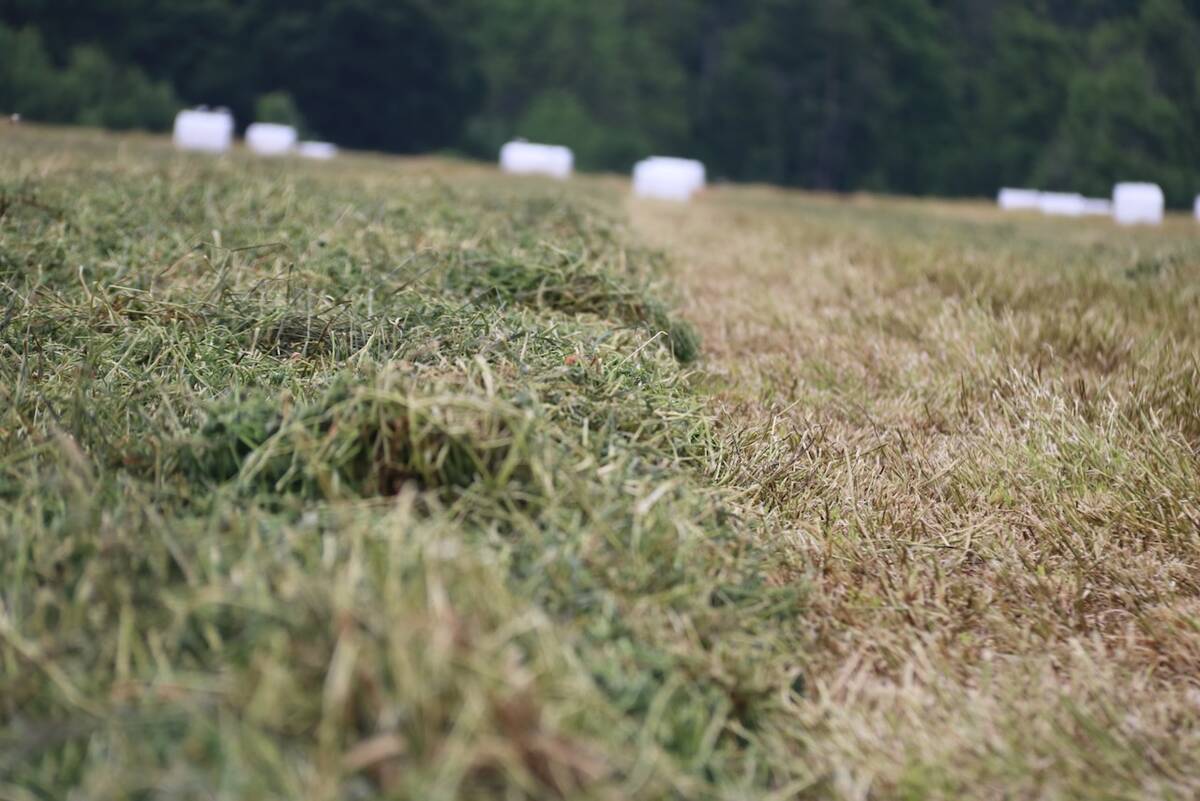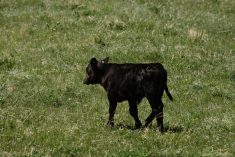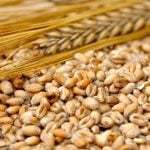If you are a farm business owner considering a sale of capital assets such as land or quota in the next few years, there are some proposed tax changes coming into effect that you should know about today.
Two changes have been approved as of the March 2016 federal budget announcement. These will take effect in the near future and could cost agriculture operations significantly. Here is a brief look at what is coming:
The first is a change to the way quota is taxed when it is sold. This affects all those in the dairy, egg and poultry meat supply-managed sectors. Scheduled to take effect on January 1, 2017, the Eligible Capital Property (ECP) regime changes could significantly impact the amount of money a farm owner pockets after selling, making it more critical than ever to plan today to minimize taxes tomorrow.
Read Also

New high-performance forage training program to launch in 2026
A new Canadian Forage and Grasslands Asssociation high-performance forage program will be a resource for farmers, agronomists and others in the forage sector.
The second change relates to the small business tax rate that will apply to large farm tax structures. This change will go into effect in the fiscal year following the announcement in March 2016. There are many farms on a December 31 year-end that will still have time to investigate their options.
These changes may impact both the ongoing tax burden for the farm operation and the structuring of a sale of a farm business. Some operations may want to go to market now so they have an opportunity to take advantage of the lower tax burden in 2016 versus 2017. For others, creating an internal gain on the disposition in 2016 may be advantageous.
A third change we are preparing for has yet to be announced but is rumoured to be in the works and could have a significant impact on a large number of farm businesses.
The capital gain inclusion rate could be increasing. Currently, 50 per cent of capital gains realized personally in excess of an individual’s capital gain exemption are taxable, but this could increase to as much as 67 to 75 per cent with the potential. This may impact farms that are set up as companies as well and could be announced with the budget in Spring 2017 or earlier.
This change will have a significant impact on anyone that owns farmland, especially if the value of that land has increased by enough to exceed their capital gains exemption amount. My advice to anyone who is thinking of selling some or all of their land holdings in the next few years is to consider triggering a sale before this inclusion rate change comes into effect.
In my office, tax specialists are meeting with clients and asking them if they want to deliberately trigger a gain (sale) and take advantage of the 50 per cent while it is still in effect. If our client is considering triggering a sale in the next two or three years, we are recommending they look at completing the transaction now to reduce the tax burden on capital gains.
The best place to start is talking to a tax specialist and learning more about these changes, verifying your current exemption limits and the ramifications to your bottom line.
Pencil it out: For land, look at listings. Know how much gain you’ve got, then work on a plan to mitigate the tax burden. For quota, look at the purchase price, the tax deductions taken over the years, and estimate the recaptured depreciation and capital gains on a sale. The only good news here is that there is time to mitigate the potential tax consequences.
Ron Friesen, CPA, CA, is a Business Advisor, Taxation Services with MNP. He can be reached at 306-664-8324 or email [email protected].














